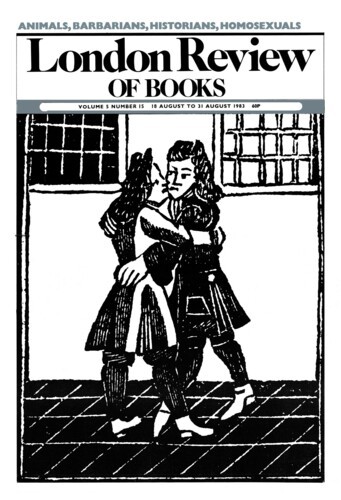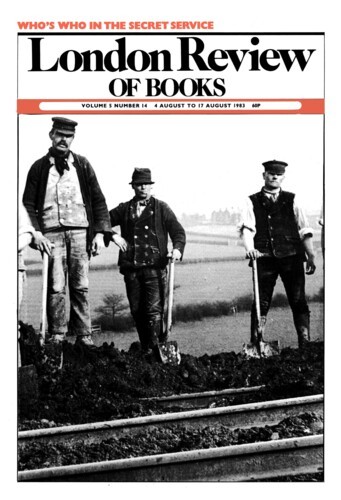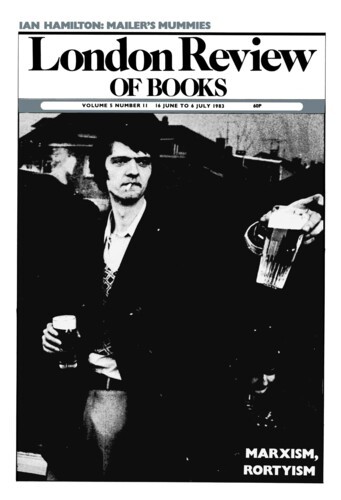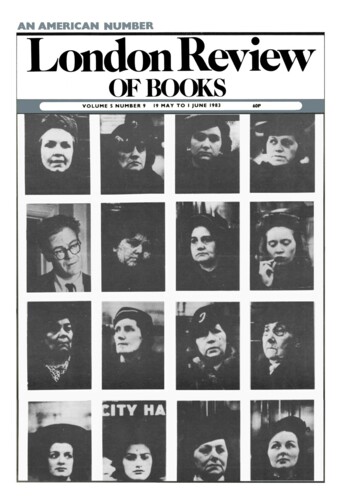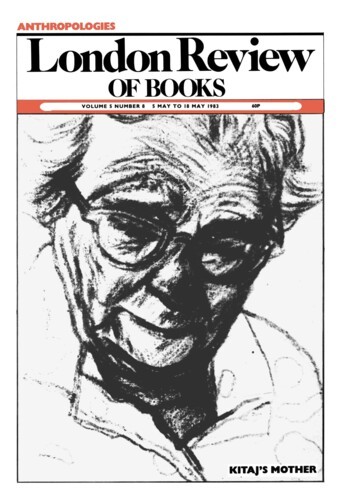Diary: Preposterous Arrangements
A.J.P. Taylor, 18 August 1983
I spent almost forty years of my life in Oxford. Seven years ago on my retirement I left Oxford and have hardly ever been there since. Much has changed. Dinner at Magdalen College now has only three courses, an economy which we resisted even during the Second World War. And of course there are girls everywhere. Last time I dined in Magdalen I sat next to a young lady who presented herself to me as a Fellow of the College. I said to her: ‘I hope you realise that it is thanks to me you are here. It was I who proposed the emancipating amendment to the College Statutes in 1976.’ She was most surprised and said: ‘Do you mean to say that once there were no women members of the College? I thought there had been women in Magdalen since its foundation.’ So temporary is fame.
